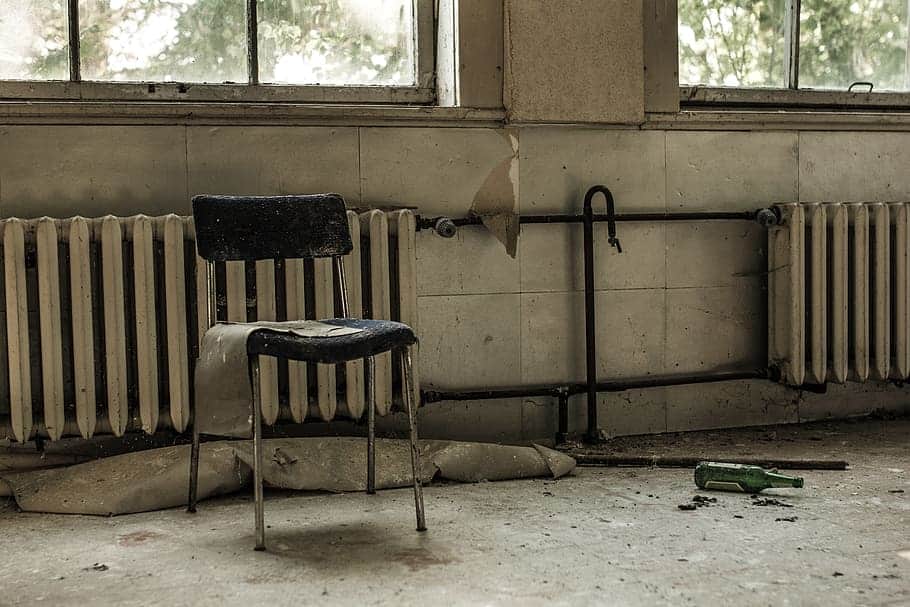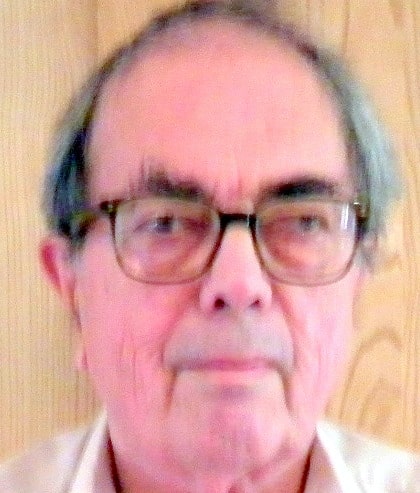During the next decade of de-growth and declining prosperity, some of the things we regard now as essential will become discretionary. How we used to live, day-to-day, at home is an example.
Until the early 1960s, I lived in houses that were not centrally heated. Then, my parents had a house built with “background” heating, with a radiator in the two rooms used for dining and sitting. And an open fire in the sitting room lit only when the room was occupied. With no heating upstairs. We were encouraged to sleep with bedroom windows left open. During the winter, the inside of the windows were often covered in ice.
By the time, my wife and I moved into a newly built estate house in the late 1960s, whole-house central heating was beginning to become essential, for those who could afford it.
Before central heating, and afterwards, in many old houses, we kept ourselves comfortable by wearing warm clothes. Often including hats, even indoors. We were physically active. Growing some of our food. Chopping wood. Shovelling coal into coal scuttles which were carried to the fireplace. All essential in those days. Actively keeping warm and healthy.
Our houses were drafty, with windows that rattled in the wind. Doors to the outside were particularly drafty because they had to open over uneven floors. Sausages made of hessian, enclosing sawdust, straw or wool, to reduce the drafts, were common.
Air movements between rooms were noticeable, with frequent admonishments to “shut that door”. To read about how things were then you should get a book written by Roger Lancaster, a school friend of the 1940s: After the War is Over.
Heating our homes is now seen to be essential for those who can afford it. Those who can’t, see it as discretionary.
In future, faced with declining prosperity and increasing energy costs, heating our houses seen to be essential now will become unaffordable and will come to be seen to be discretionary by some. Alternatively, some may prefer to cut back on other kinds of discretionary spending to enable heating the house to continue.
It is already a complicated mixture of essential and discretionary spending. A gradual return to how things were in the past seems likely as prosperity declines, the cost of essentials increases and discretionary spending and related markets decline.
An aspect of the future which we should have in mind in deciding our own domestic and business possibilities.
This post was first published in Orcop.com. For an excellent history by Kris De Decker of how people used to keep warm see:
Restoring the Old Way of Warming: Heating People, not Places





